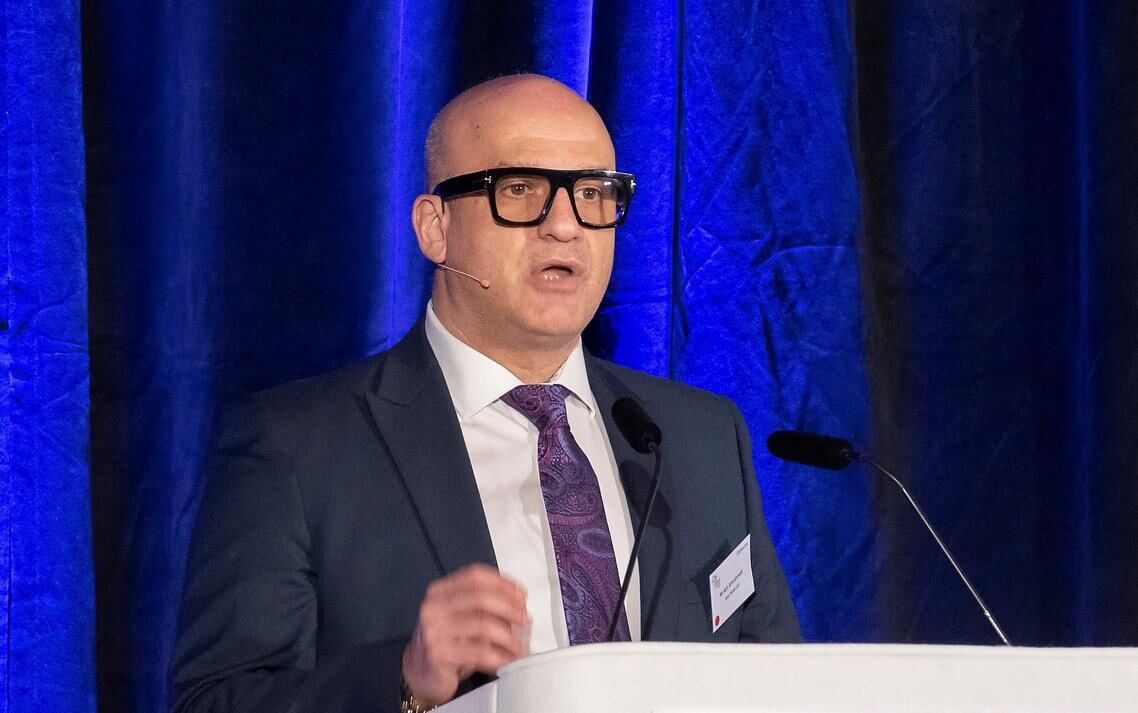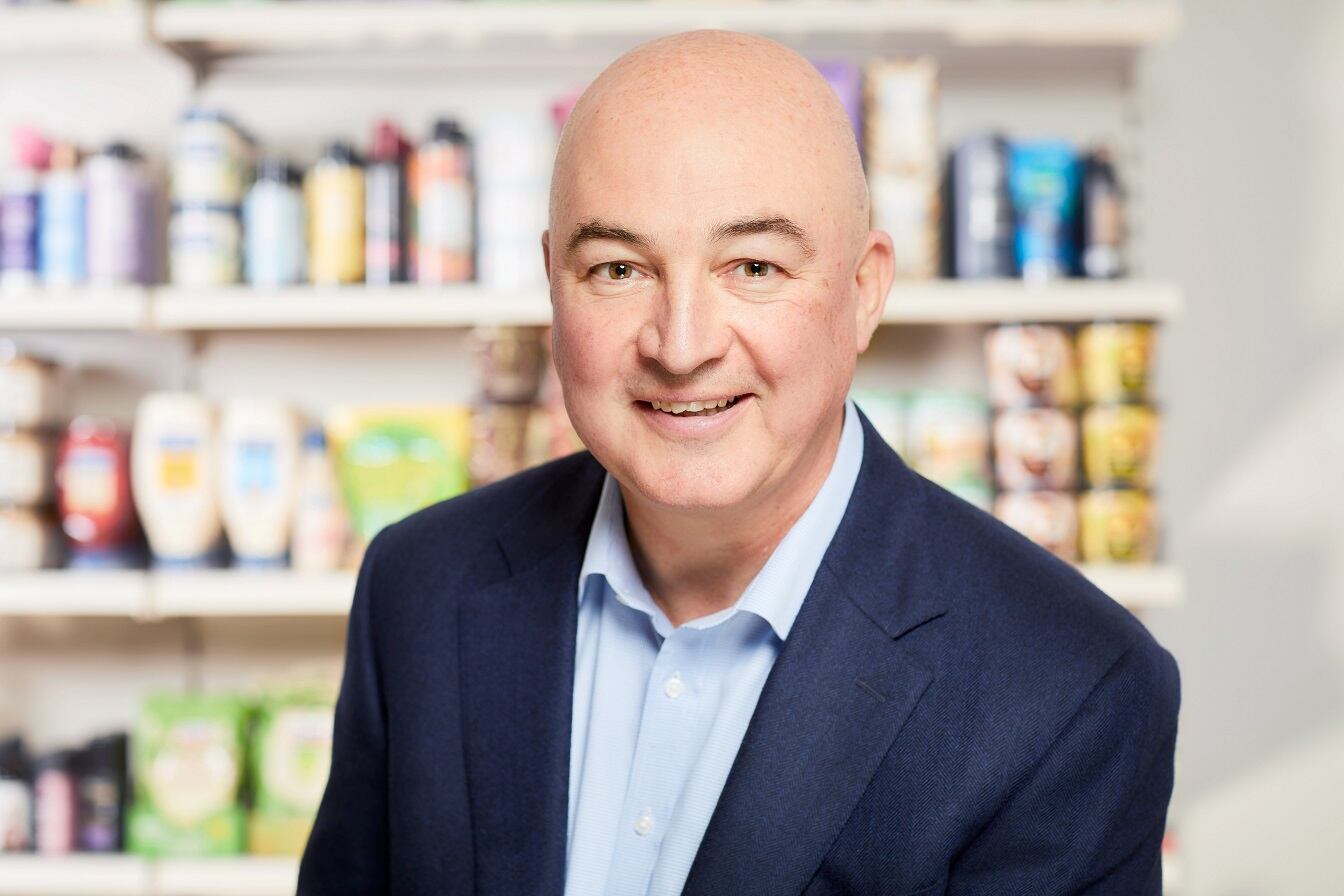Speaking at the City Food Lecture at London's Guildhall on 17 February, Arla Foods UK managing director Amirahmadi addressed the topic Food's defining decade: finding a way to feed the world while protecting the planet.
He said tackling the subject required answering two big questions: "How do we accelerate towards sustainable food production and how do we attract the talent to enable us to make that journey?"
Farmers were at the forefront of the journey to sustainably feed the world's growing population, he said. "35% the food we consume globally comes from smallholders. They are disproportionately affected by climate change. Where is the front line of sustainability? Who is at the front line? Farmers and the on-farm agenda. Farmers are the stakeholders who can make the biggest impact."
Linking farmers and consumers
Linking farmers and consumers more closely together so that each understood the other better was vital, he said. Helping the whole food chain keep pace with shifting consumer trends was a crucial part of improving sustainability, he said.
Food industry leaders also had to challenge themselves to understand farming and farmers better. "Ask ourselves: what am I and my organisation doing to support farmers?"
The Government, too, needed to back farmers by enacting consistent, coherent legislation to help them.
Some consumers claimed parts of the food chain based on livestock farming were intrinsically responsible for driving up greenhouse gas emissions and biodiversity loss, said Amirahmadi. As a consequence, the industry needed to convey the positive effects of animal-based food production on nutrition and the climate.
'Regulation is coming'
He warned Governments were moving towards increased scrutiny of the whole supply chain. "Regulation is coming and if we are not prepared we are going to be disrupted."
Supporting farmers to become more sustainable was a top priority. Some of that support could come through technology to deliver accurate, measurable data that could then drive change. For example, based on a data project begun in April 2020, Amirahmadi said Arla Foods UK had been able to ascertain that its carbon equivalent emissions were less than 50% of the global average. "In fact they were closer to 30%."
However, the data enabled the UK cooperative, which is owned by 2,300 family farms - almost one third of British farmers - to set more ambitious targets. "80% of effort, thinking and collaboration needs to be focused on execution," Amirahmadi said.
Investment
Meaningful change could only be accomplished with adequate investment, he added. He cited a recent McKinsey analysis arguing that $9.2 trillion a year had to be invested in new infrastructure and systems to meet net zero goals and used the example of HSBC committing to provide up to $1 trillion in green financing by 2030.
Consumers, too, ultimately would have to pay more for food to finance the transition to a more sustainable supply chain, he said.
Companies also needed to avoid being driven purely by short-term financial reporting and demand to deliver shareholder premiums in tackling climate change.
Farmers were the focus, but attracting a fresh generation of talent to the food industry with the skills to wield the latest technology was also urgently needed, said Amirahmadi. "We need to develop our people with the competencies needed for the jobs of ten years time."
How could this be achieved? "Only by addressing our image problem can we bring new people into our sector. We have to show leadership."
Future Generation Forum
The Future Generation Forum (FGF) was one initiative helping to attract the next generation to the industry, he said. The FGF brings together experienced industry leaders, students, apprentices and graduate trainees to inspire and nurture future thought leaders.
Despite all the challenges, the food industry needed to recognise the positive impact it was having too. Amirahmadi praised the whole food chain for successfully feeding the public in the midst of the disruption caused by the pandemic.
He believed it had come out of COVID in a stronger place than it was when the crisis hit and it had learned lessons that could help it address the climate challenge with the same urgency.
Ash Amirahmadi is one of the finalists of Food Manufacture's Business Leader of the Year Award.
The winner of the award will be announced at the Food Manufacture Excellence Awards on 17 March at the Hilton Bankside hotel in London. Hundreds of representatives of the food and drink manufacturing community will attend. Don't miss out on what will be a fantastic networking opportunity - book your tickets now!
Headline Sponsor: Menzies
Event Sponsors




